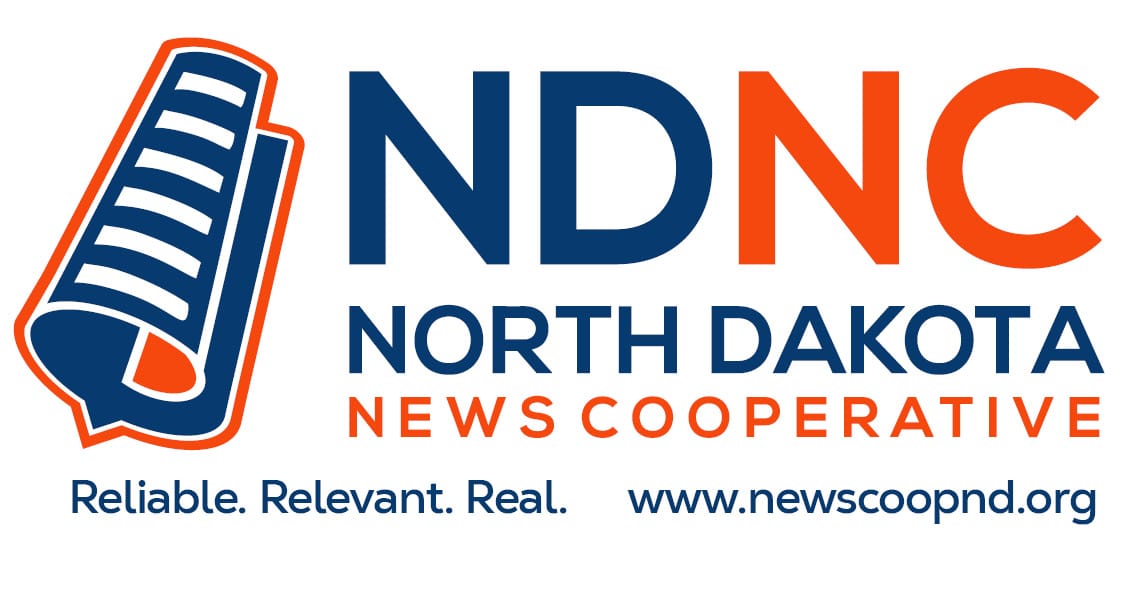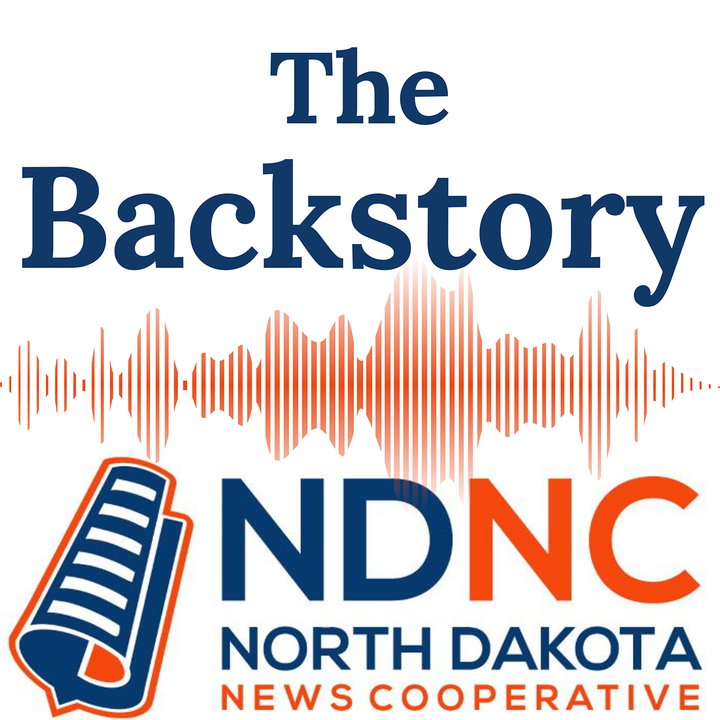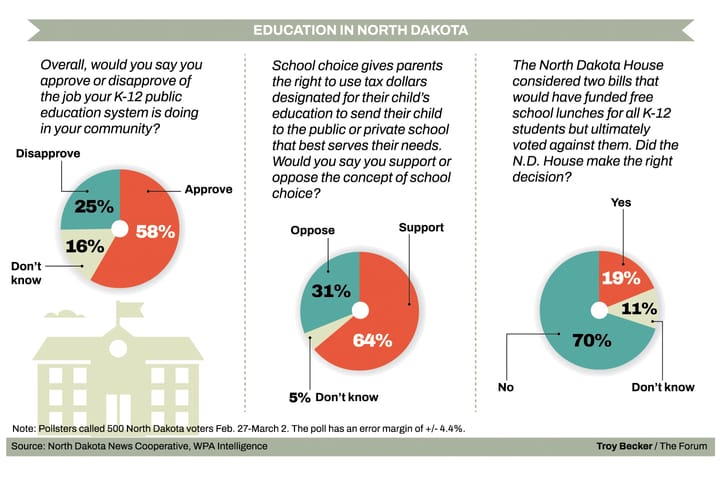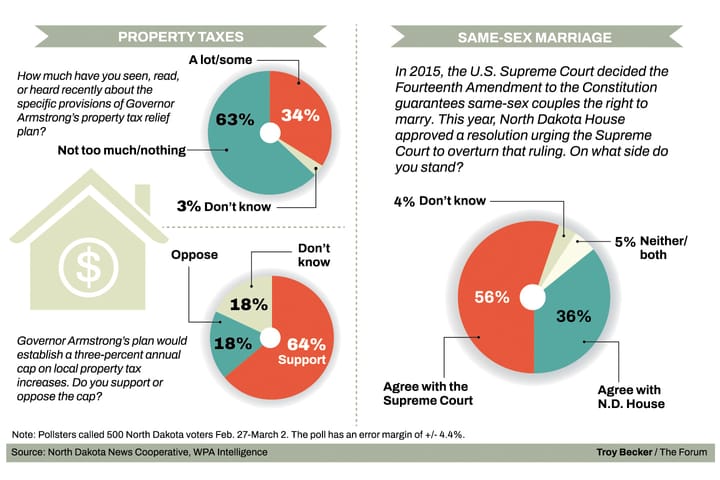Poll: Most 2024 North Dakota ballot measures appear too close to call
Poll shows lack of understanding among undecided voters
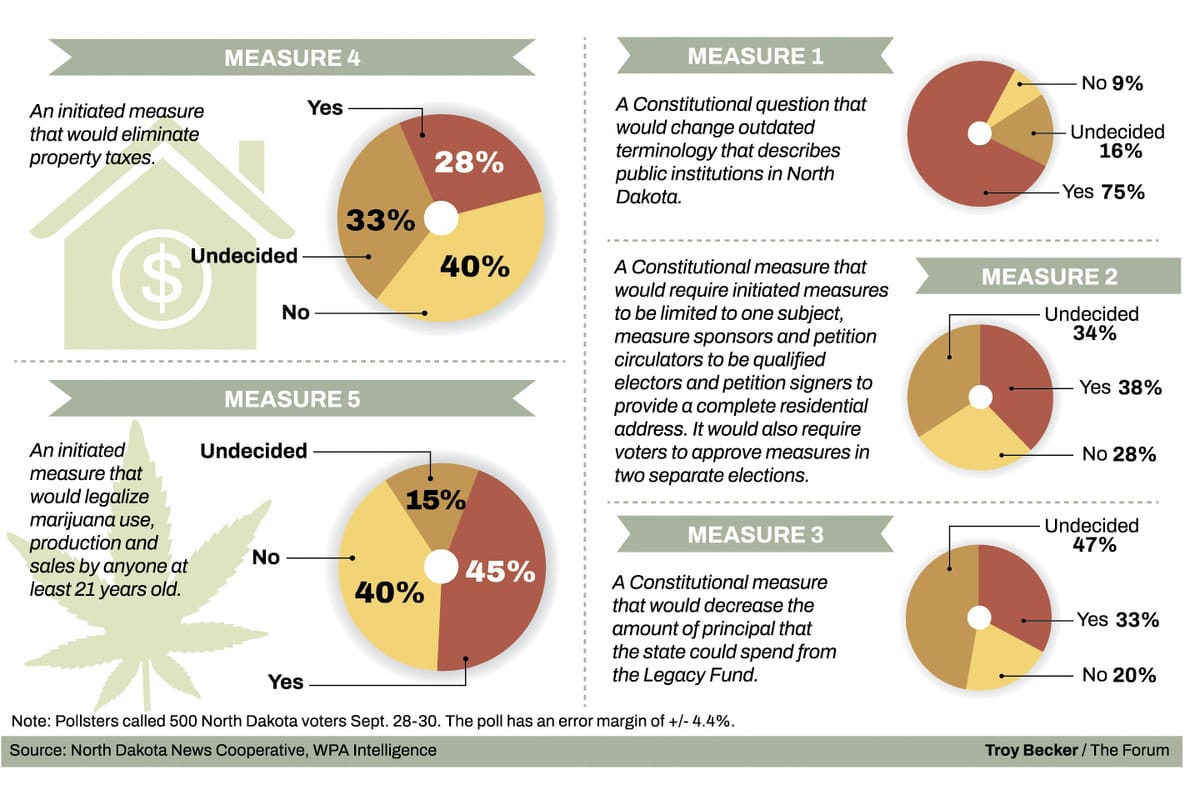
North Dakota voters appear split and largely undecided about four of the five ballot measures up for a vote on Nov. 5, a new poll commissioned by the North Dakota News Cooperative found.
The four ballot measures – Measures 2, 3, 4 and 5 – are expected to have major ramifications if approved.
Trevor Smith, chief research officer of WPA Intelligence, which conducted the North Dakota Poll between Sept. 28-30, said the large number of undecided voters shows a “lack of understanding.”
“The initiatives are written too complicated for the average voter to understand when they see them,” Smith said, adding pollsters only see large numbers of undecided voters in states where initiatives are written this way.
Measure 4 – Abolish property tax measure
On the property tax measure, Measure 4, 33% of those polled were undecided.
The measure would prohibit local governments from taxing property on assessed value and require the state to find an estimated $3.15 billion per biennium in replacement revenue, which would then go back to those local governments.
Those in favor of eliminating property taxes accounted for 28% of voters polled, with only 16% a definite yes.
More voters are opposed to Measure 4, with 40% against, 27% of which were a definite no.
Measure 4 was sponsored by former Rep. Rick Becker and the End Unfair Property Tax group as part of an effort to force a restraint in spending by elected officials and potentially tap into Legacy Fund interest to support local governments if those taxes are abolished.
The coalition formed to oppose Measure 4, Keep It Local, is made up of the North Dakota Association of Counties, the state School Boards Association, Greater North Dakota Chamber and several other prominent groups. The groups argue taking away the ability of local governments to levy property taxes would diminish local control and adversely impact everything from police to fire departments to schools.

Measure 5: Recreational marijuana measure
Voting yes for the recreational marijuana measure, or Measure 5, would create a new chapter in the North Dakota Century Code allowing the production, processing and sale of cannabis as well as its legal possession for those 21 and older.
The poll found 45% in favor of legalization, with 40% opposed, and another 15% undecided.
The measure was sponsored by the group New Economic Frontier, which has promoted the economic development and tax revenue possibilities of cannabis legalization, as well as its potential to reduce burdens to the judicial system.
The North Dakota Medical and Hospital Associations, North Dakota Peace Officers, Chiefs of Police Association of North Dakota, and North Dakota Sheriffs and Deputies Associations have all opposed the measure. These groups say legalization would increase substance abuse and behavioral health issues.
Similar marijuana legalization initiatives were rejected in 2022 and 2018 in North Dakota, while a measure allowing the medical use of marijuana passed in 2016.
Measure 2 – Ballot initiative reform measure
Among the more confusing measures for voters, Measure 2, partially aims to make ballot initiatives less confusing. Other aspects make initiating measures more difficult.
This measure, initiated by the Legislature, calls for any future ballot initiatives to be limited to a single subject. The second part of the measure would require that single-subject initiatives be approved by voters in two consecutive elections. A third part would increase the signature requirement from 4% of the population to 5%.
According to North Dakota Poll data, 38% would vote yes for those changes and 28% would vote no.
Again, a large chunk of eligible voters – 34% – are undecided.
Of the 26 states that have at least one kind of citizen-initiated measure process, 17 have single-subject rules. However, Nevada is the only other state requiring initiated measures to go through two consecutive elections.
Measure 3 – Legacy Fund measure
A Legacy Fund measure, Measure 3, was also initiated by the Legislature. According to the poll, few voters have paid attention to it.
A total of 47% are undecided. In favor of the changes are 33% who would vote yes. Another 20% would vote no.
A yes vote for Measure 3 would decrease the amount allowed to be spent from the Legacy Fund principal during a two-year biennium period from 15% to 5%.
Currently, the Legislature can take 15% from the principal during a two-year period if it is needed to cover budget shortfalls, and only if two-thirds of the Legislature approves.
The Legacy Fund is split into two streams: the principal, which is the over $10.2 billion the fund had grown to by the end of June 2024; and the earnings that stood at over $601 million, which are accrued off the growth of the fund, some of which is diverted each biennium to the general fund for legislative needs or reinvested into the fund. Together those amounted to over $10.8 billion as of the end of June 2024.
Measure 1 – Outdated language measure
The only measure where there is little confusion is Measure 1, which would amend parts of the constitution of North Dakota to replace what is seen as outdated language. This measure was also initiated by the Legislature.
A yes vote would allow the state to change terminology describing specific public institutions, including changing the “school for the deaf and dumb” to the “school for the deaf and hard of hearing” and the “state hospital for the insane” to the “state hospital for the care of individuals with mental illness.”
The poll found 75% would vote yes to allow those changes. Only 9% would vote no. Another 16% are undecided.
The North Dakota Poll surveyed 500 eligible and likely voters and has a margin of error of +/- 4.4%. The poll surveyed roughly equal numbers of men and women, as well as equally from the eastern and western halves of the state.
A total of 94% of the voters polled said they definitely plan to vote in the coming election.

The North Dakota News Cooperative is a nonprofit news organization providing reliable and independent reporting on issues and events that impact the lives of North Dakotans. The organization increases the public’s access to quality journalism and advances news literacy across the state. For more information about NDNC or to make a charitable contribution, please visit newscoopnd.org. Send comments, suggestions or tips to michael@newscoopnd.org. Follow us on Twitter: https://twitter.com/NDNewsCoop.
